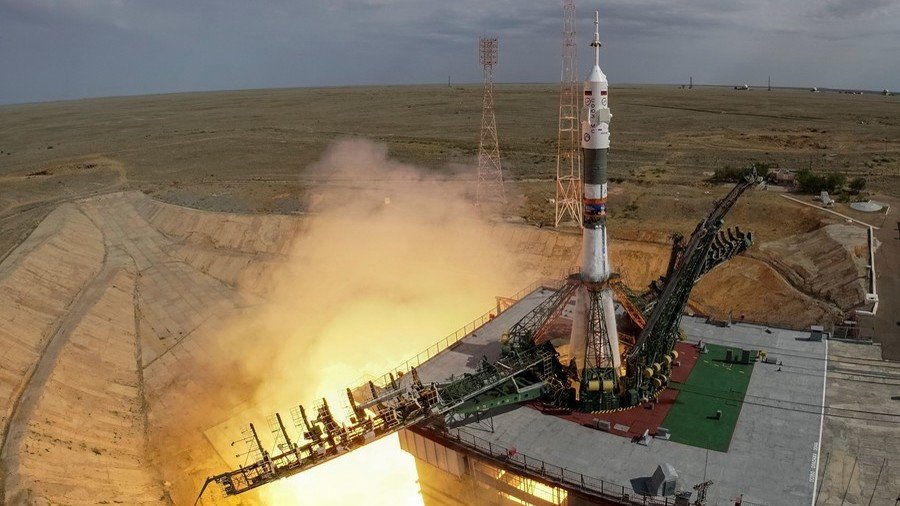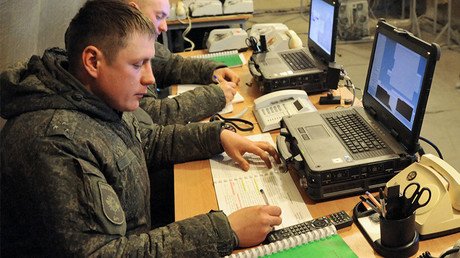Baikonur ban: Russia prohibits social networks at major space facility in Kazakhstan

The head of the Kazakhstan-based Russian space launch facility, Baikonur, has banned all staff from using social networks in a bid to boost security and discipline.
“In order to prevent any leaks of classified information and to strengthen work discipline all workers of the facility are forbidden from using personal mobile phones and tablets for accessing websites, social networks and message exchange during working hours,” said Baikonur Director Yevgeniy Rakovskiy in a written order, as quoted by RIA Novosti. The letter also contains a list of the banned pages, applications and services.
The agency added that the launch facility’s management had closed access to social networks from work computers as well. Earlier, Russian mass media revealed plans to switch all document turnover on Baikonur onto an electronic platform by means of issuing special tablets to all those taking part in the process.
The Baikonur cosmodrome was built in the mid-1950s and for a long time remained the only launch facility in the Soviet Union. After the USSR’s break-up, Baikonur remained in the Republic of Kazakhstan, but Russia rents the installation for launches for more than $100 million-a-year.
In February the popular Russian daily Izvestia reported that the Defense Ministry had issued a recommendation for all servicemen to stop using social networks, switch off geolocation services on mobile phones, and generally abstain from internet posts. The ministry warned that the administrators of foreign websites have full access to personal information provided by users, and that foreign intelligence services are constantly studying data that comes from Russian military personnel.
Izvestia also quoted sources in the Defense Ministry as saying that, while the latest ban was only a recommendation, legislative amendments were being prepared to make them obligatory.
In late 2016, the military announced the completion of the ‘Closed Data Transfer Segment’ communication system, which is completely independent from the internet and protected from unlicensed connections. It’s accessible only on special licensed computers that use the dedicated operating system developed by Defense Ministry specialists.
Like this story? Share it with a friend!
















